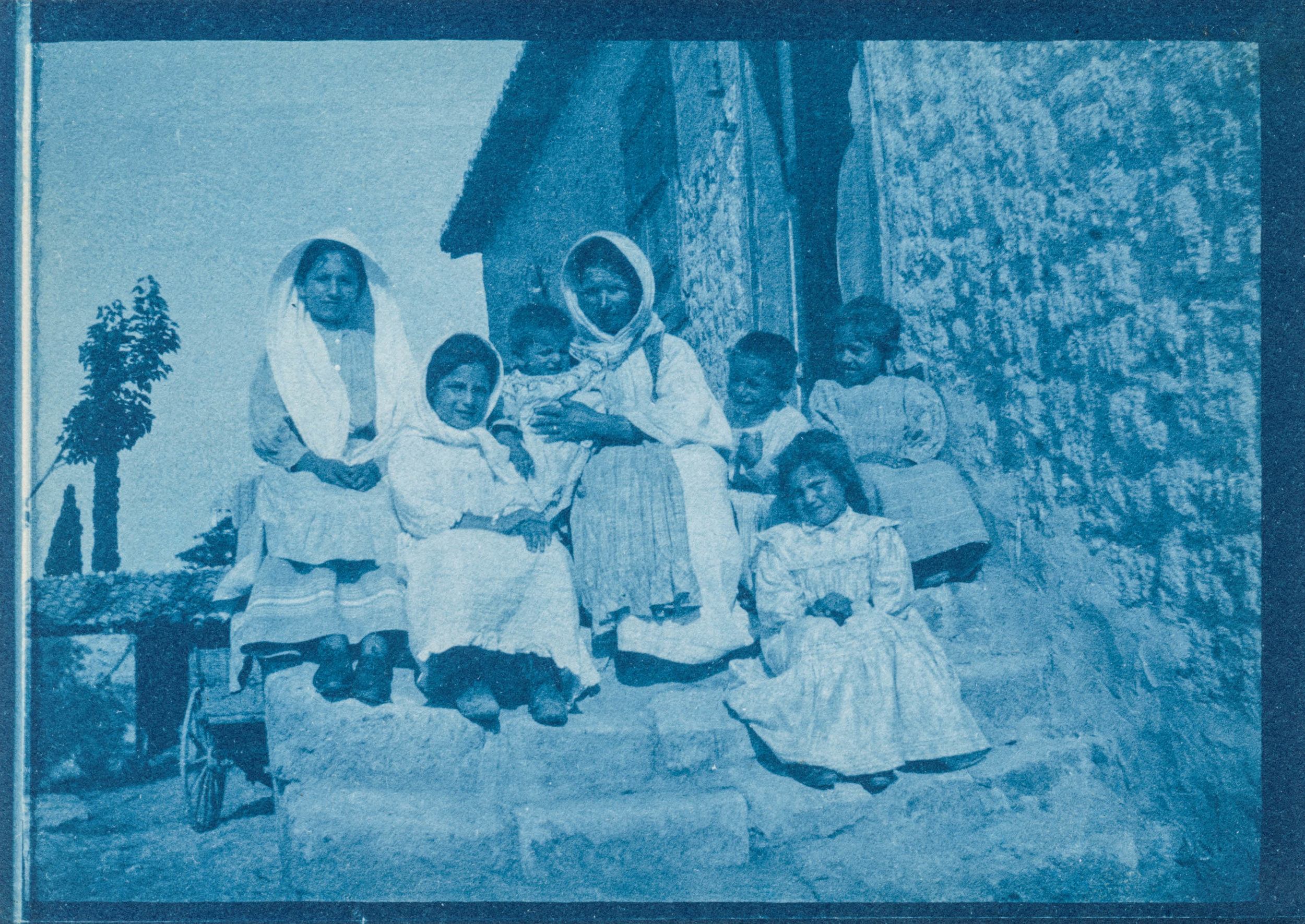from Todas as mulleres que fun
two poems by Andrea Nunes Brións
translations by Laura Cesarco Eglin
Pensar que estiven perdida tanto tempo,
espallándome vertixinosa polas rúas todas
con salas de espera interminables,
tatuándome nos xeonllos os bares por onde ti estabas,
afiliada a todo aquilo que rexía o teu dogma.
Leonciña, ti que tantas bandeiras reciclaches
que tanta esperanza puñas no país,
todos os días primavera.
To think that I was lost for so long,
scattering myself vertiginous through the streets, all of them
with endless waiting rooms,
tattooing my knees with the bars you used to be in,
affiliated with everything that dictated your dogma.
Little lioness, you, who has recycled so many flags,
who had so much hope in the country,
every day, spring.
Porque esta Mátria contrúese logo de perder o medo,
logo de me confesar impune,
logo de te querer até a saciedade e aínda
constrúese deconstruíndonos
e berrando que somos eucaliptas!
fíxose da terra que nos dá de beber
e mailo mar que nos rouban
(Nunca máis, máis unha vez)
das árbores que medran no patio traseiro
e velaí esta mescolansa de pretéritos e
vontades, este ser incondicional
esta revolución sen r
e tornarse Mátria este fogar entre versos que posúe algo máis
ca sonoridade característica,
algo máis que o feito de ter lingua
(e utilizala)
algo así como lamber a pel e sentir o sabor do Atlántico
e deixar o sincrónico para despois da cea
isto é
algo así como unha, que é máis veces outras que ela mesma
Because this Motherland is built after losing fear
after I confess myself unpunished
after wanting you until I’m satiated and more
it is built by deconstructing ourselves
and screaming that we are eucalyptus!
it was made from the earth that gives us to drink
and from the sea they steal from us
(Never again; once more)
from the trees that grow in the back yard
and behold this mishmash of preterits and
desires, this unconditional being
this revolution without an r
this home amidst verses becoming the Motherland—it possesses something more
with the characteristic sonority
something more than the fact of having a tongue
(and using it)
something like licking the skin and tasting the Atlantic
and leaving the synchronous for after dinner
that is
something like oneself, who is more often others than herself
Andrea Nunes Brións
Andrea Nunes Brións’s first poetry collection, Corrente do esquecemento, was published in 2007 (Aturuxo). Her second poetry collection, Todas as mulleres que fun was published in 2011 (Corsárias). She has also published in various Galician journals and magazines. Nunes Brións has participated in collectives and projects whose main concerns are the Galician language and gender. She is a feminist and a political activist. See her audio-visual work here.
Laura Cesarco Eglin
Laura Cesarco Eglin translates from Portuguese, Portuñol, Galician, and Spanish. She is the translator of Hilda Hilst’s Of Death. Minimal Odes (co•im•press, 2018). She is the author of three collections of poetry, Calling Water by Its Name, translated by Scott Spanbauer (Mouthfeel Press, 2016), Sastrería (Yaugurú, 2011), and Los brazos del saguaro (Yaugurú, 2015). She has also published two chapbooks: Occasions to Call Miracles Appropriate (The Lune, 2015) and Tailor Shop: Threads, co-translated with Teresa Williams (Finishing Line Press, 2013). Cesarco Eglin's poems and translations have appeared in various journals, including Modern Poetry in Translation, Eleven Eleven, Puerto del Sol, Copper Nickel, Spoon River Poetry Review, Arsenic Lobster, International Poetry Review, Tupelo Quarterly, Columbia Poetry Review, Blood Orange Review, Timber, Pretty Owl Poetry, Pilgrimage, Periódico de Poesía, and more. She is the co-founding editor and publisher of Veliz Books. Follow her at laucesarco.blogspot.com.




